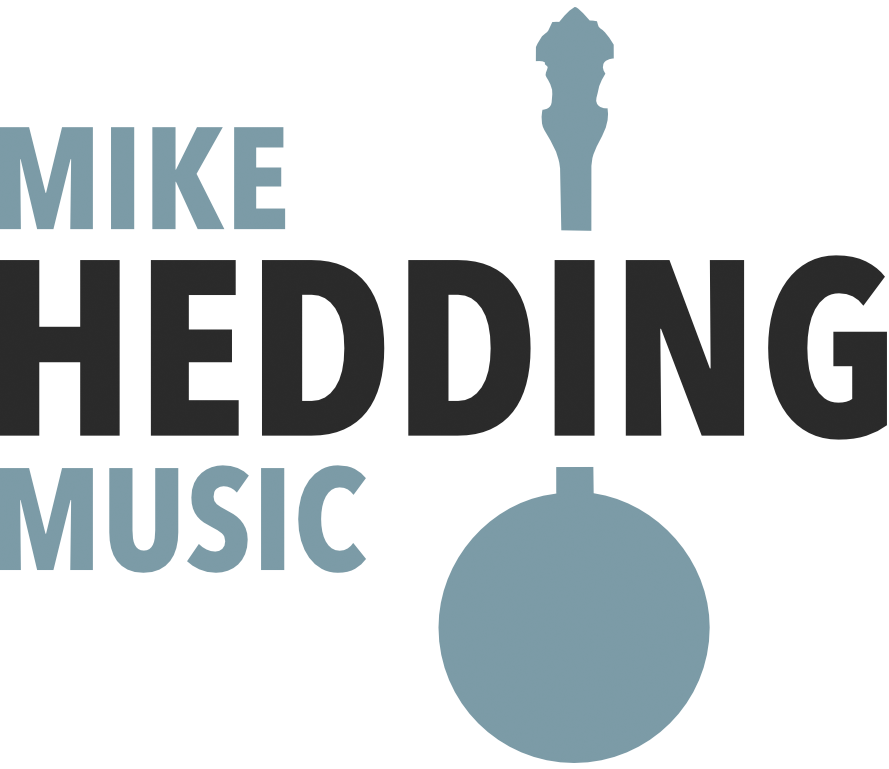Forum Replies Created
-
AuthorPosts
-
Jon
ParticipantLove this arrangement, Mike. I grew up listening to Chet Atkins, and I’ve always liked Merle Travis / Chet Atkins finger picking. I’m going to commit this to memory. Please do more like this!!
Jon
ParticipantThis is a great lesson, and I would like to see more lessons regarding this subject. I know I make the mistake of trying to fit rolls around a melody, rather than trying to play rolls with the melody implied. It’s very counter-intuitive, and I need to do a lot more work incorporating the ideas here. After your years of playing, do you have the ability to do this on the fly, or do you have to pre-plan it to make it happen?
Jon
ParticipantSo how do you keep from getting a mushy sound, or no sound at all, when using your thumb on the 5th string on a fret that’s spiked? Same thing for Billy In The Lowground…I can’t seem to reliably get a clear sound!
Jon
Participant@Debra – If I’m going to repeat the 1st and 2nd solos, I would skip measures 27 and 28, and jump from measure 26 to 3. I wouldn’t play 27 and 28 until I’m finishing the piece. Just my two cents.
Jon
ParticipantReally like this tune and arrangement, and it can be played back to back with Hard Times Come Again No More.
Jon
ParticipantGood topic and lesson, Mike. It fits in with what I’ve been trying to do lately. If you haven’t already done it somewhere, it would be great if you could at some point show some techniques for traversing the neck of the banjo in a somewhat “linear” fashion. By that, I mean not jumping chord inversions, but climbing the neck with phrases or with passing tones, and using that to make a more complex blues solo.
I saw a video on YouTube about making improv solos that said a person should try to land on the root note of each chord at the end of each phrase. Is that a good rule to follow? Say you’re in the key of E and your next chord is an A7…your phrase should land on an A?
Jon
ParticipantHi Mike,
I’ve been working on taking simple tunes and “banjoizing” them. After taking a hack on this one, I took a look at how you did it.
I’m always curious as to why you mix up playing the 5th string first or the 1st string first, such as in measure 14 on the alternate beats. Is there a reason for this, like you’re maybe setting yourself for measure 15?
Jon Klingler
Jon
ParticipantThanks, Mike. It would be cool if you could show how some of these licks fit into some popular songs. Some of these licks are “major” in flavor, while others are “minor/bluesy”. I like the bluesy ones, but they don’t seem to fit well with the couple songs I tried to fit them into. But I just started playing with them. They all have their place, I’m sure.
Jon
ParticipantHi Mike, I’m curious as to why you use a 2nd string 2nd fret in measure 30 for the slide up to the 6th fret instead of sliding from the 3rd fret, which was in use in the Dm shape in measure 29 just before that. You’re going from a Dm to a Dm (measures 29 and 30), yet you use a note that is not part of the Dm to initiate the slide.
Jon
ParticipantI don’t have a buddy to play along with, so this past week I’ve started to use Garageband on my iPad to lay down a drum track, stand up base and electric piano using “touch” instruments. With the software instruments as a background, I can jam along on my banjo, starting out slow and increasing speeds as my proficiency builds. Although typical bluegrass doesn’t have a drummer, it really helps to have a steady beat in the background…a nicer metronome. This has opened up a whole new experience for me, and I’m having a lot of fun.
November 17, 2019 at 10:52 pm in reply to: Banjoland Blues (12 Bar Blues) Intermediate Banjo #106695Jon
ParticipantThis is a pretty cool exercise in playing an E blues. I’m having fun working it out.
Measure 19 and measure 20 – looks like the left hand fingering should remain 4/2 for the first three eighth notes, but the tab goes 4/2 4/1 4/2.
Jon
ParticipantKind of an off the wall question, but even though this song is in the key of G, you use a G7 to lead to a C chord in measure 2. I guess that’s OK due to the circle of fifths, where a G7 -> C, but I’m curious why there’s never a D7 leading back to a G in this set of backup material. All of your D chords seem to be straight up D chords. Is that because this is a hymn? Is there some kind of rule that says stay away from V7 -> I chord progressions in hymns?
Jon
ParticipantJust starting to go through this lesson. Love it…I really want to learn this stuff well enough to just do it without having to think about it.
First thing that came to mind was at the end of measures 18 and 20, where you drop the bottom note of the chord triads for G and C, right after the eighth note rest. Any reason for dropping the bottom of the triad and just keeping the top two notes?
Jon
ParticipantI assume that measure 26 should be marked as a G chord, although it’s not shown in the tab. It would then match the chord layout of the verse.
-
AuthorPosts
